Embracing Growth: My Journey in Research Training and Finding the Courage to Present
Attending a research training session was both exciting and terrifying for me. As a teacher, I've always understood that research is critical to advancing our field because it enables us to find more effective ways to educate, address classroom challenges, and make informed, evidence-based decisions. I must admit, however, that at first, the prospect of devoting myself to formal academic study terrified me. Technical proficiency was required, as was the confidence to articulate discoveries to others.
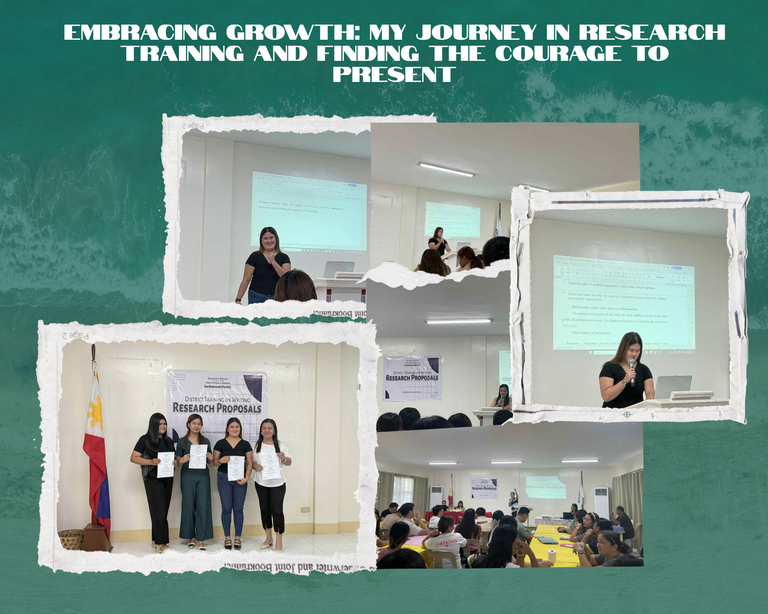
On the first day of the program, I realized that research was more than just a method for collecting and analyzing data; it was an inquiry process that allowed teachers to create changes in their classrooms. We learned how to identify relevant challenges, formulate targeted research questions, and develop plans to address them. Research that begins with a classroom observation may evolve into something beneficial to students, other instructors, and the school community. It also helped me understand how research combines theory and practice.
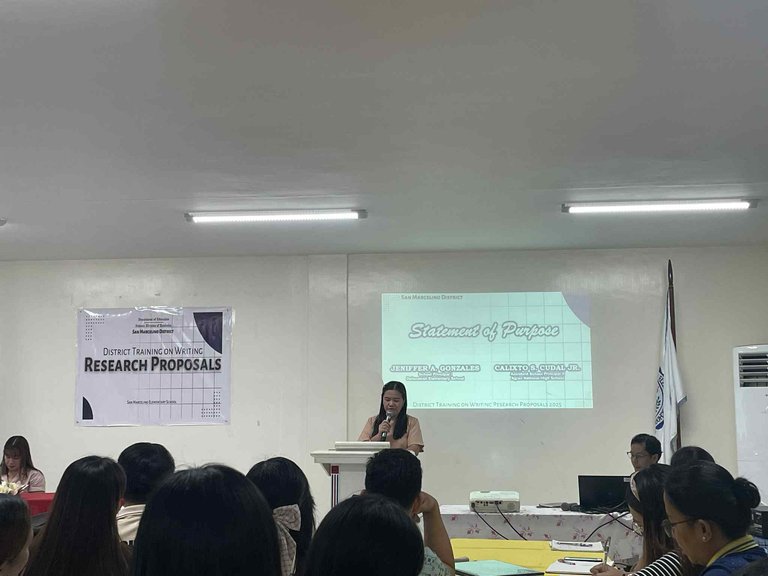
I was most impressed by how research impacts a teacher's perspective. It teaches us to think critically, question established processes, and strive for continuous improvement. It also equips us with the ability to think creatively and adapt to new educational challenges. I understood that conducting research was not only vital for professional progress but also a means of effecting significant, long-term change.
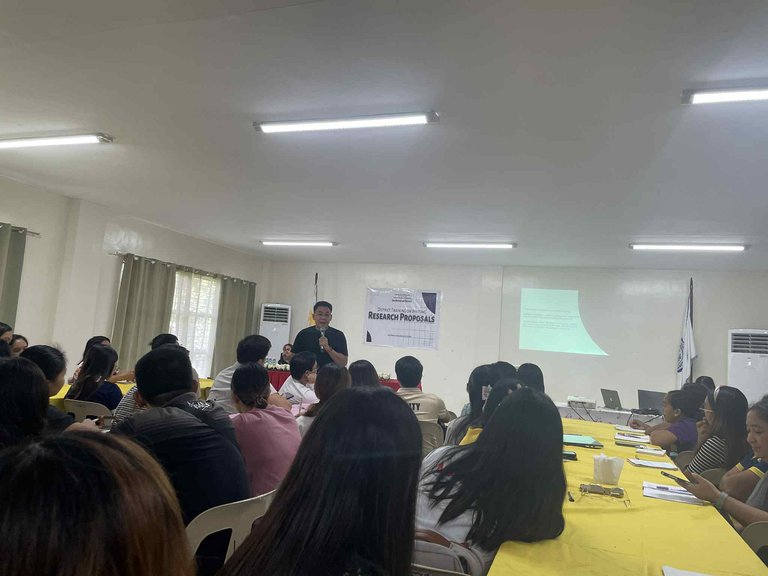
But, more than the actual learning, the challenge of being chosen as one of the presenters marked a turning point in this path. My instant impulse was to say no. Self-doubt permeated my thoughts: What if I made a mistake? What happens if I don't generate enough? However, as the days passed, I realized that this was an opportunity to accept change and step outside of my comfort zone.
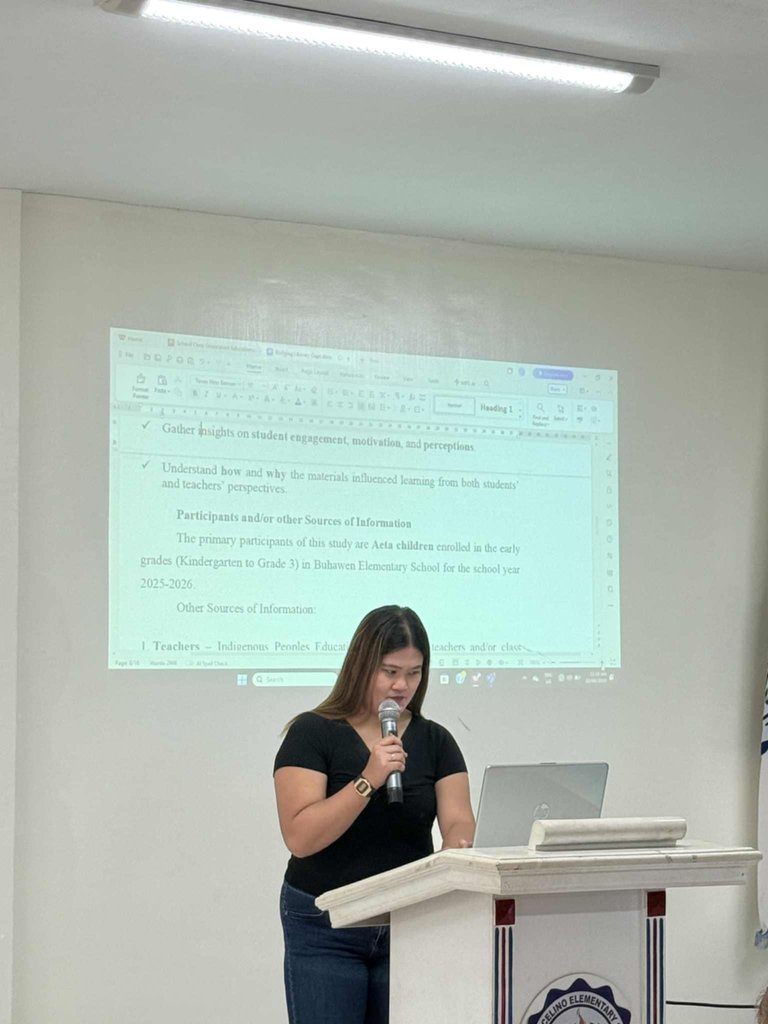
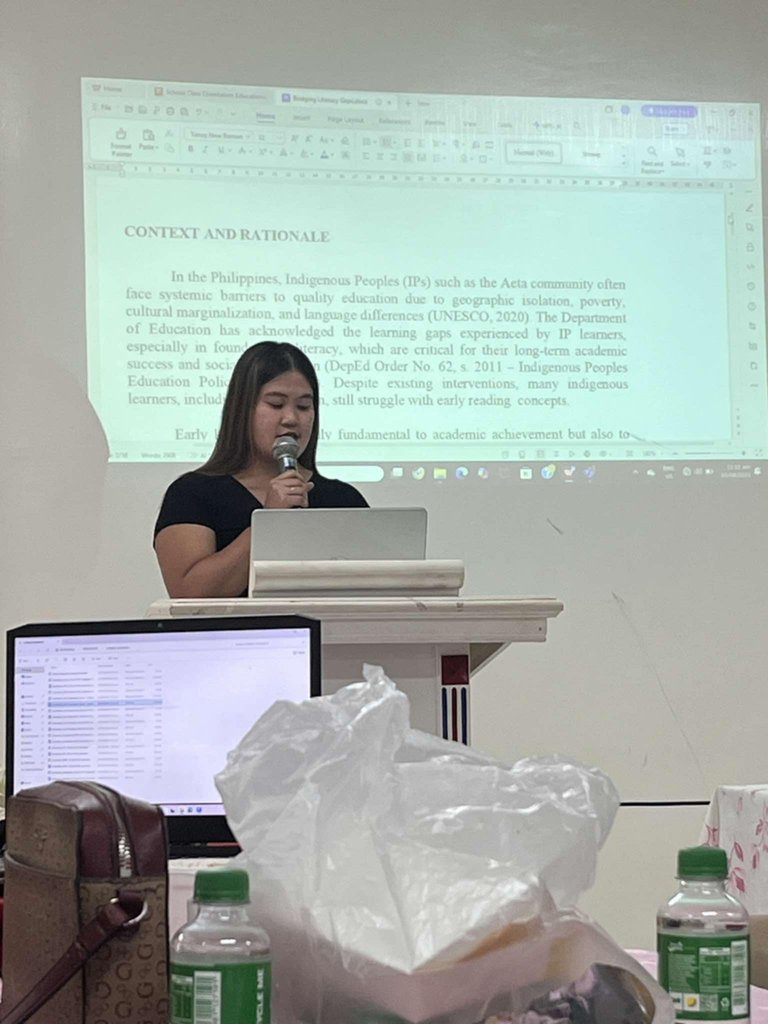
I was nervous and excited at the same time as I prepared my presentation. I spent hours reviewing my papers, preparing for probable questions, and practicing my arguments. It was surreal to stand in front of a crowd with my artwork on display when the time came. Although my heart was racing, I sensed a shift as I began speaking; terror gave way to confidence. I realized that I was sharing more than just my study; I was also sharing my passion for teaching and my commitment to seeing my students succeed.
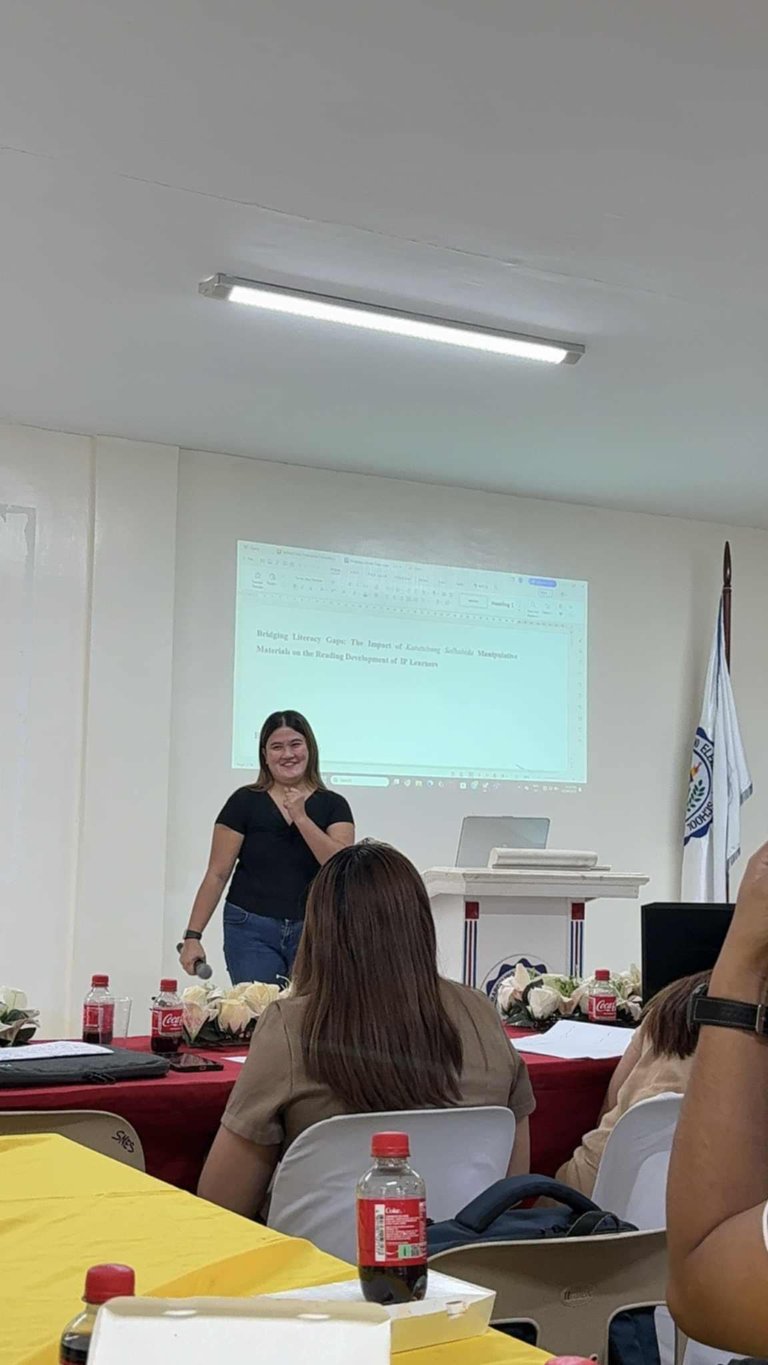
I learned from this experience that courage is the desire to move on in the face of fear, not the absence of it. It reminded me as educators that they are lifelong learners and that vulnerability, failure, and progress are integral to the learning process.
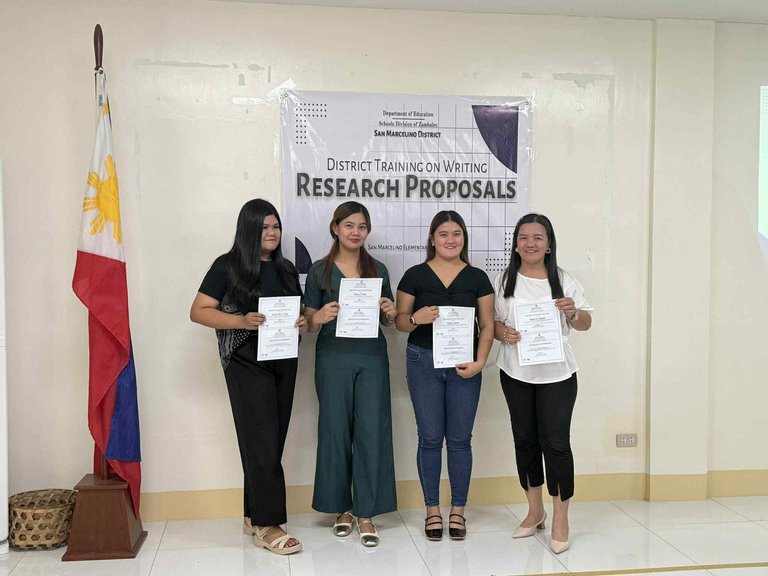
I am now ready to conduct research in my school, equipped with the knowledge and skills I gained from the training. Now, I understand how research can address classroom challenges, improve teaching practices, and benefit the entire school community. With newfound confidence, I am prepared to apply what I have learned and contribute meaningful insights that can positively impact both my students and colleagues.
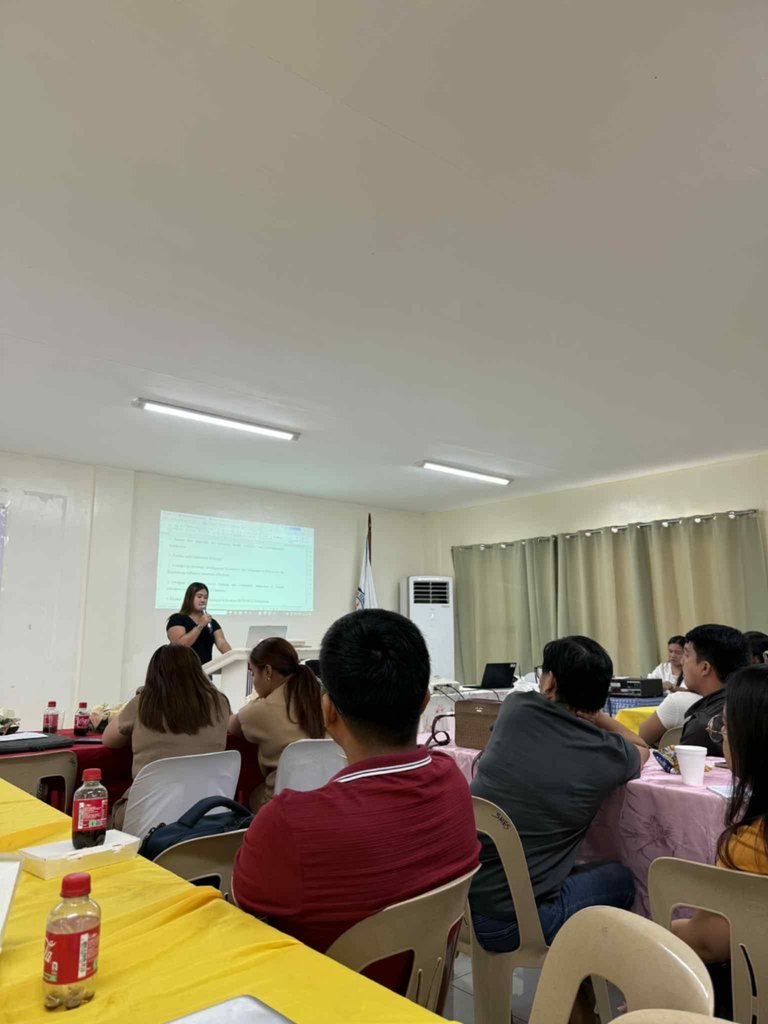
After the training, I had a strong sense of success. In addition to learning essential research skills, I demonstrated to myself that I was capable of dealing with challenges that I had previously doubted. Most importantly, I realized that by conducting research and publishing our findings, we work toward a common goal: enhancing education for all of the students we serve.

Research is one of the subject that consumed our time during our college days. But through research, it helps us to do research study and find out solutions. Like what you said, research is beneficial especially for teachers who are the key facilitators in their classroom so it's really important to them. Aside from it, we can learn a lot in research not just a mere question you want to know but how will you conduct and show the evidence you conducted.
indeed, and it may definitely resolve gaps and problems within school that will benefits the teaching and learning process in the school. 🥰